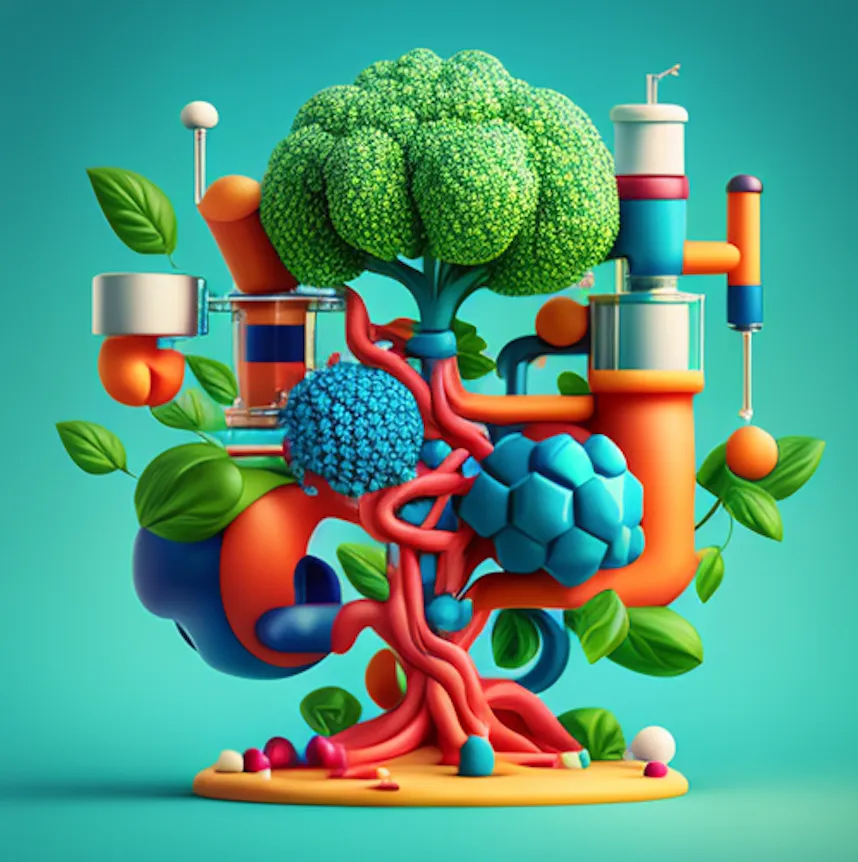Plants, long seen as a source of food and oxygen, may now have a much more significant role than providing us with food, fiber, shelter, medicine, and fuel. Plant-based molecular factories are becoming a reality. These plants transform into factories capable of producing complex molecules and materials — from plastics to drugs — in a cost-efficient manner. Through a process known as synthetic biology, scientists can genetically engineer plants to produce medical compounds like antibodies, drugs, and even vaccines. In the current system — where drugs typically require animal testing and manufacturing materials like plastics must be synthesized in a lab environment — plant-based molecular factories offer an earth-friendly alternative with the potential to reduce drug or materials production’s ecological footprint drastically. This breakthrough technology is revolutionizing the production of industrial chemicals and materials as well as providing options for sustainable chemistry.
The concept of synthesizing proteins in plants is not new — it has been around since the 1980s and has already been used in pharmaceutical production. For example, some vaccine components are derived from modified tobacco plants’ molecules. But advances in genetic engineering mean that this process can now be taken to another level by orchestrating new pathways for high-value animal protein production (such as casein for milk and growth factors for meat) inside plants such as corn, soy, or rice.
The technology behind plant-based molecular factories is highly advanced. The process begins by engineering a plant to express a molecule of interest. Next, a gene is inserted into the plant through standard techniques such as Agrobacterium-mediated transformation or biolistic bombardment. After the expression of the gene, the desired product accumulates in the cells and tissues of the plant, where it can be harvested. This has led to the development of remote, self-contained production systems that produce various products with fewer resources.
The potential benefits of this technology are enormous. For example, plant-based molecular factories could be used in medical treatments or for creating sustainable packaging materials that degrade quickly in nature without harming the environment. It could also be used to develop alternate energy sources, such as biofuels– which could help reduce our dependence on fossil fuels and mitigate climate change.
Ultimately, plant-based molecular factories allow us to create food, feed, or materials in an environmentally friendly manner while reducing our reliance on non-renewable resources. It’s an exciting advancement with enormous potential that will revolutionize how we view production processes in the future!

